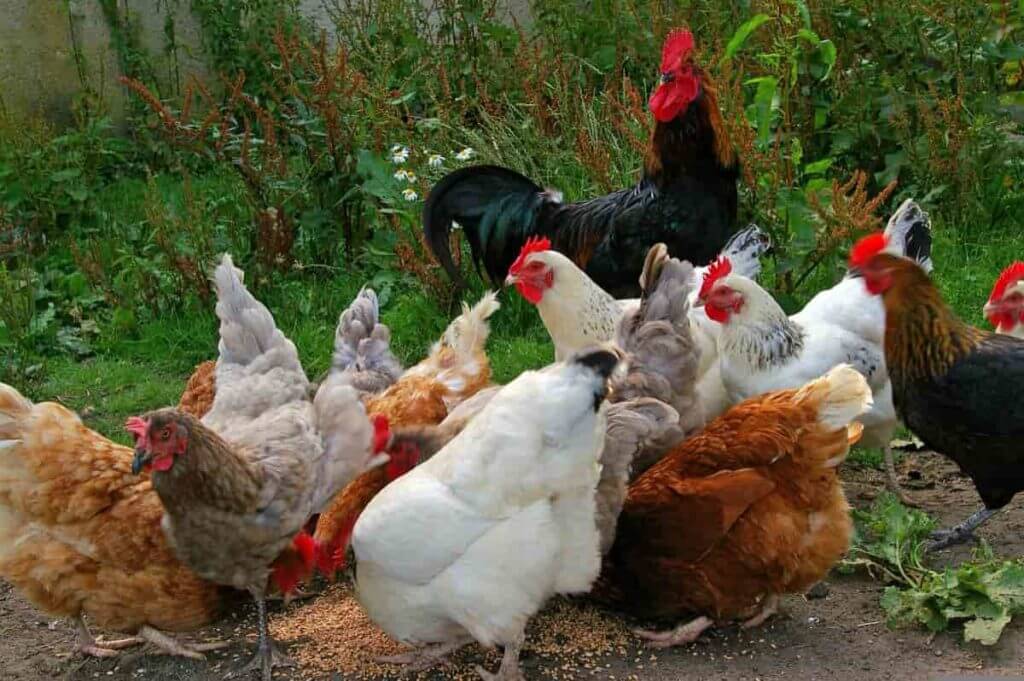In an era of increasing self-sustainability, many individuals are turning to backyard poultry farming as a way to have a closer connection to their food sources. Raising chickens in your own backyard not only provides you with a supply of fresh eggs but also offers numerous other benefits. This comprehensive guide is designed to help beginners navigate the world of poultry farming and successfully raise backyard chickens.
Getting Started
Before embarking on your poultry farming journey, it is crucial to research local regulations and ordinances regarding backyard chicken-keeping. Familiarize yourself with any permits, restrictions, or guidelines that may be in place in your area.
Additionally, choosing the right chicken breed is essential. Consider factors such as climate, egg production, temperament, and overall suitability to your specific needs.
Lastly, determining the number of chickens to raise depends on available space and the amount of time and resources you can commit to their care.
Preparing the Chicken Coop
Designing or purchasing a suitable chicken coop is a vital step in ensuring the well-being of your flock. The coop should provide ample space for the chickens to move around comfortably and include adequate nesting boxes for laying eggs. Consider using a quality mobile chicken coop, also known as a chicken tractor, as it will offer the added benefit of portability. A mobile coop can be periodically moved around your yard, providing fresh grazing areas for the chickens and preventing excessive wear on the grass.
Proper ventilation, insulation, and lighting are also essential for their health. Implementing predator-proofing measures, such as secure fencing and sturdy latches, will help keep your chickens safe from potential harm.
Feeding and Nutrition
Understanding the nutritional needs of your chickens is crucial for their health and productivity. Selecting high-quality chicken feed that is appropriate for their age and purpose is essential. The mobility of a chicken tractor, however, allows you to provide your flock with a variety of foraging opportunities, as you can move them to different areas where they can scratch and peck for insects and plants.
Additionally, it’s a good idea to add supplements such as oyster shells for calcium and grit for digestion. Naturally, establishing a consistent feeding routine and ensuring constant access to fresh water are vital aspects of chicken care.
Health and Disease Prevention
Maintaining the health of your chickens requires regular checks and monitoring. Consult with a veterinarian to develop a vaccination schedule and implement preventive measures against common diseases. Being aware of symptoms and signs of illnesses is important for early detection and treatment.
Furthermore, implementing biosecurity measures, such as limiting visitors and practicing good hygiene, can help prevent the introduction and spread of diseases within your flock.
Daily Care and Maintenance
Regardless of whether they are housed in a stationary coop or a chicken tractor: taking care of your chickens on a daily basis involves several important tasks:
- Regularly clean the coop and manage waste. This vital daily task not only keeps the living environment hygienic but also helps prevent the onset of diseases.
- Collecting and storing eggs properly ensures their freshness and quality.
- Maintaining a suitable environment and temperature within the coop is crucial for the chickens’ well-being.
- Provide socialization and enrichment activities, such as perches and toys. This promotes the chickens’ mental and physical health.
Dealing with Challenges
Chickens, like any living creature, may face challenges that require attention. Managing pests and parasites, such as mites or worms, is an ongoing task in poultry farming. Learning effective control methods and using appropriate treatments can help keep your chickens healthy.
Addressing behavioral issues, such as aggression or feather pecking, requires understanding the underlying causes and implementing appropriate remedies. Additionally, being prepared to handle common injuries and emergencies, like wounds or egg-binding, is essential for the overall welfare of your flock.
Harvesting and Utilizing Products
The joy of raising backyard chickens extends beyond their companionship and daily care.
Knowing when and how to harvest eggs ensures that you enjoy them at their freshest. If you choose to raise chickens for meat, learning about processing methods and proper utilization can be an additional aspect of your poultry farming journey.
Moreover, the organic byproduct of chickens — their manure — holds significant value as a potent resource for composting, enriching your garden with a nutrient-dense fertilizer that cultivates vibrant and thriving plants.
Final Thoughts
Raising backyard chickens can be a fulfilling and rewarding experience for beginners. By adhering to the steps and recommendations presented in this comprehensive guide, you can dive into your poultry farming expedition fortified with unwavering assurance.
From understanding local regulations to ensuring proper care, nutrition, and health maintenance, you’ll be equipped to raise healthy and productive chickens in your own backyard. Embrace the joys and challenges that come with poultry farming, and enjoy the self-sustainability and closer connection to your food sources that it brings. Start your backyard poultry farming adventure today!

